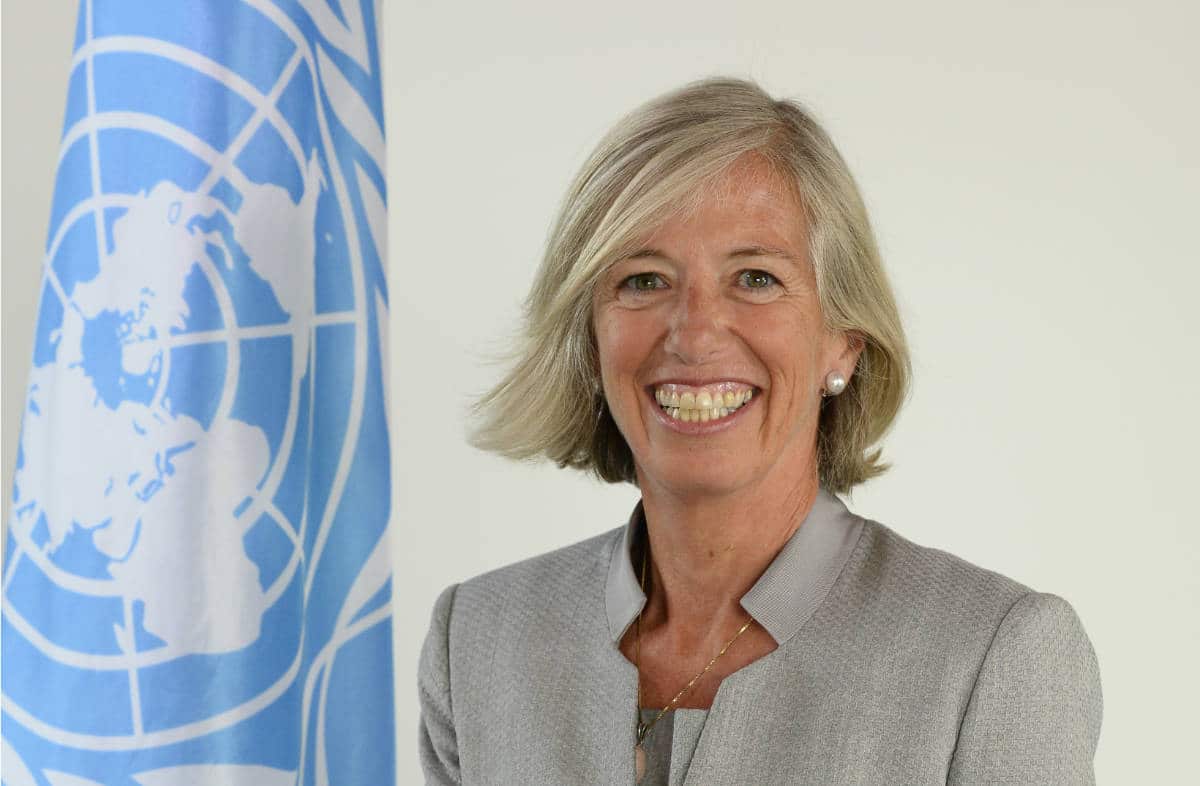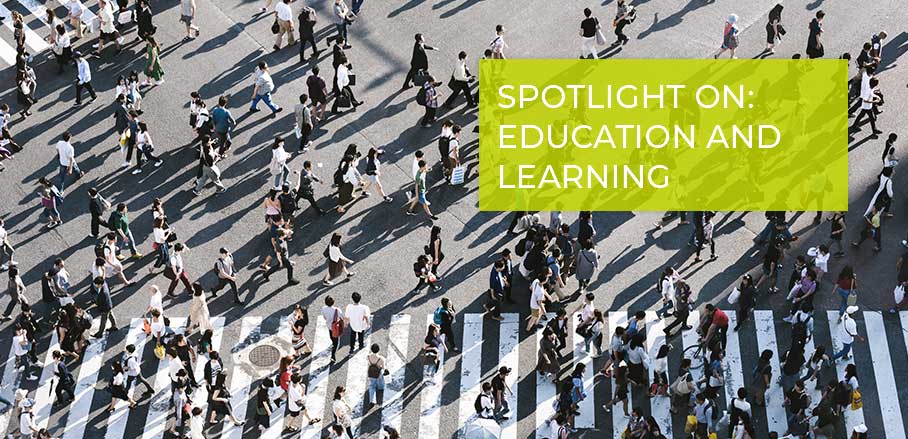Cities are Key to Changing Course and Transforming Education
The speed of today’s changes more than ever calls for opportunities to learn throughout life, for individual fulfilment, social cohesion, and economic prosperity. Education can no longer be confined to a single period of one’s lifetime, as important as these foundations are. Everyone – starting with the most fragile in our societies – must be entitled to learning entry points throughout life both for employment and personal agency.
But where do we stand with the provision of quality education and lifelong learning opportunities for all as committed to by world leaders with the adoption of the 2030 Agenda and specifically Sustainable Development Goal 4 on education? The picture is clear: we are failing millions of children, young people, and adults. 260 million children and youth still have no access to primary and secondary school; at least 773 million young people and adults – the majority of whom are women – still cannot read and write; only a small fraction of adults have the information and communication technology skills required to successfully navigate basic 21st century demands1.

The COVID-19 pandemic, which has disrupted learning across the globe for nearly three years now, is further exacerbating the pre-existing education crisis. Without remedial action, increased financing, learning losses will continue to rise, reversing progress towards all the Sustainable Development Goals and depriving youth and adults of a future of dignity and opportunity. The time to act differently and innovatively is now!
A New Social Contract for Education
That is why the recently published UNESCO Report on the Futures of Education calls for a new social contract on education. A contract that will enable each and every one of us to navigate key disruptions relating to climate, democratic participation, digitalisation, and work. A contract that aims to rebalance our relationships with each other, the planet, and technology. A contract that is based on the right to quality education throughout the entire lifespan and strengthens education as a public societal endeavour and a common good.
This new social contract calls for wide-ranging adaptations within education systems worldwide. It highlights that we must move away from a focus on teacher-driven lessons to instead emphasise cooperation, collaboration, and solidarity. It urges that curricula shift towards ecological, intercultural, and interdisciplinary learning. It states that teaching should be further professionalised as a collaborative endeavour and teachers recognised as key figures in educational and social transformation. It calls for schools to be protected as indispensable sites to promote inclusion, equity, and collective well-being, but also redesigned to encourage more collaboration and to become exemplars of sustainability and carbon neutrality.
The Report makes a call for a collaborative research programme on the right to education throughout life and urges renewed global solidarity and international cooperation to expand educational opportunities across the human lifespan and across social, cultural, and professional spaces. It affirms that the right to education needs to be broadened to be lifelong and encompass the right to connectivity.
Cities are Key to Transforming Education and Learning!
We need a global movement to make this social contract come alive. Over one million people have already been involved in the run-up to the publication of the Futures of Education Report. Many further millions will still need to be mobilised and with over half of humanity living in urban areas, cities are clearly key to this endeavour!
While policy design and the establishment of learning ecosystems usually fall under the authority of national governments, cities have the power to drive implementation of education policies and also support local lifelong learning initiatives as a crucial part of bottom-up change towards a culture of lifelong learning. Connecting education and training institutions and cultural institutions and engaging a wide range of partners such as public-sector representatives, civil society organisations, and employers is a key feature of cities powering lifelong learning. Such environments enable citizens to relate their learning to daily activities within their immediate environment and to build their own learning pathways based on their particular demands. They enable them to make informed judgements and decisions and to become agents of change and transformation.
UNESCO Learning Cities Show How to Make it Happen
The UNESCO Global Network of Learning Cities with over 220 members across the globe – from megacities to smaller urban areas – provide excellent examples on how to make lifelong learning a reality at local level. All of these cities have put education and learning at the heart of their urban development. They aim at providing quality education and learning opportunities for all of their over 250 million citizens. Representatives of the city continuously work together to exchange knowledge and jointly develop strategies and programmes around common issues such as health and well-being, education for sustainable development, citizenship education, or educational planning.
“Changing Course, Transforming Education” is the theme of this year’s celebration of International Education Day. We clearly need the power of cities to change course! I invite cities from around the world to join us in transforming education. Join the UNESCO Global Network of Learning Cities, share your strategies with us, and take action. Together we can unlock the potential in every person to contribute to collective well-being and to shape the future of humanity and the planet.
1 According to the 2021/2022 UNESCO Global Monitoring Report on Education, in only 10 of 91 countries with data do a majority of adults report having at least 5 of 9 information and communication technology (ICT) skills monitored for global comparisons.
- Cities are Key to Changing Course and Transforming Education - 24. January 2022
